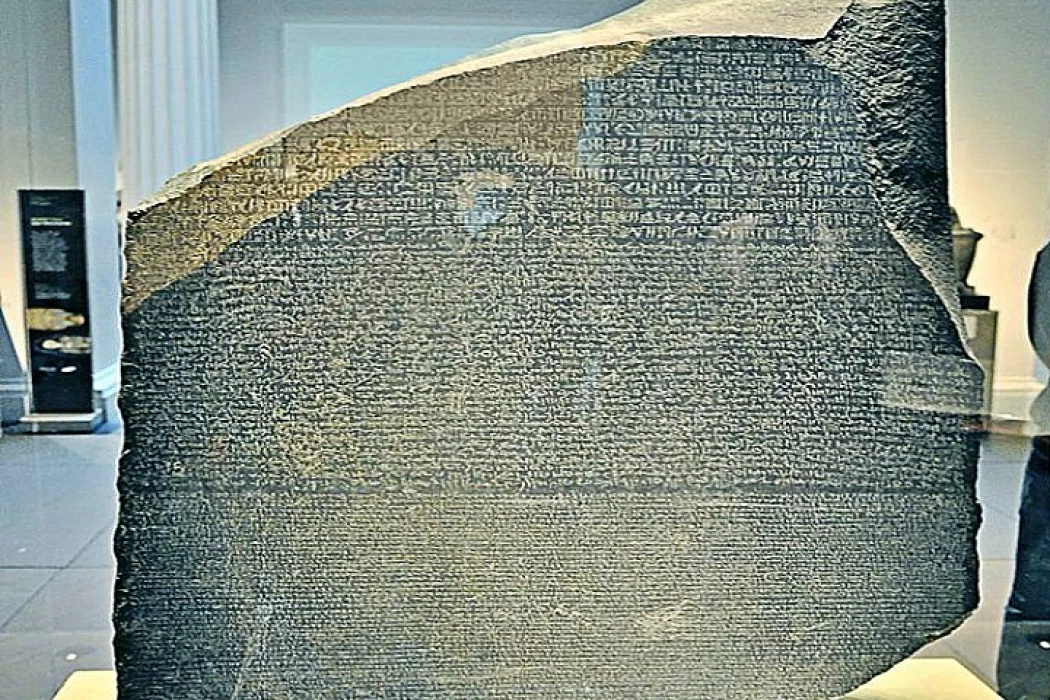
The French Expedition in Egypt
Facts Concerning the French Mission in Egypt
One could characterize Napoleon's Egyptian expedition (1798–1801) as a pharaonic endeavor of the contemporary day. The French forces, numbering close to 40,000 men and over 300 ships, are massively deployed. And there comes a loud roar of defeat for Napoleon's army, which was under siege by Nelson and the Mamluks. However, hundreds of French scientists arrived in Egypt as a result of Napoleon's invasion, transforming the country into a true cutting-edge laboratory. They are the source of artifacts that have been found and are currently on show in English and French museums.
Revolutionary France did not just want to dominate a region under the Ottoman Empire and block the eastern route from Britain to India. It also sought to repair the colonial setbacks suffered during the Seven Years' War. Napoleon aspired to emulate Alexander the Great in addition to extending his triumphs in Italy. Imbued with the spirit of the Enlightenment and its civilizing mission, the French also wanted to spread the Enlightenment among a people they considered backward, but who had been the «cradle of civilization».
Some 150 scientists accompanied Napoleon’s French troops. They were engineers, geographers, naturalists, doctors, architects, cartographers and astronomers. The figure of the academician of Ancien Régime gives way to a learned citizen, committed to the state and the progress of humanity.
Napoleon creates a Commission of Sciences and Arts, composed of the most eminent members of the Institut national de France, heir to the Royal Academy of Sciences, which was abolished by the Convention in 1793. In the image of this institute and with the researchers of this commission, he founded the Egyptian Institute in Cairo, a pioneering institution of Egyptology, remained in use and which sustained significant losses in a fire in 2011 during the Arab Spring.
During the military campaigns of Napoleon Bonaparte, Egypt became a laboratory, the theatre of important discoveries in various scientific disciplines. The possibility of building a passage through the Suez Canal is studied and maps are drawn up as far as Upper Egypt.














